Exploring Post-Apocalyptic Themes in Fallout
- Oct 11, 2024
- 28
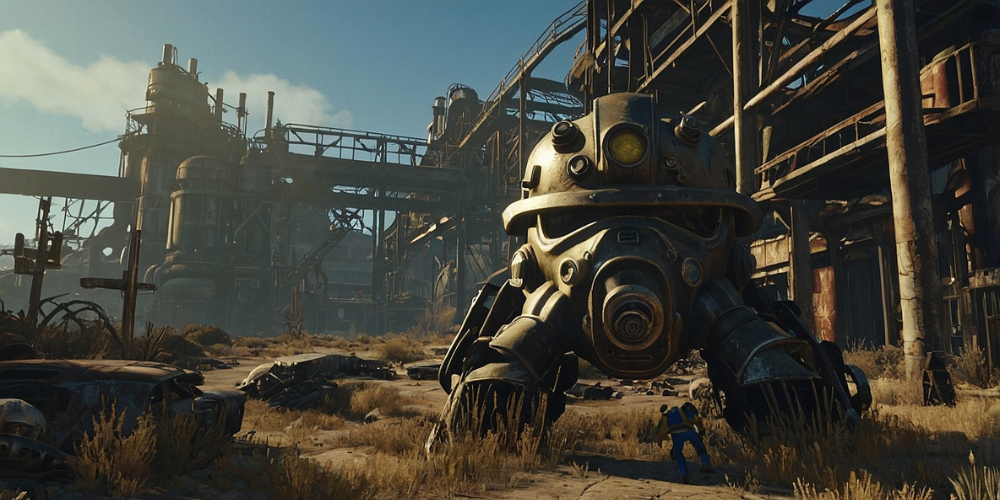
The world of video games has always intrigued me, but there’s something uniquely captivating about the post-apocalyptic themes explored in the Fallout series. As I delved into this expansive universe, I found myself constantly marveling at how the game developers crafted this hauntingly brilliant landscape, filled with history, socio-political commentary, and moral dilemmas.
The Setting: A Wasteland Rich with Narrative
Stepping into the Fallout universe feels like walking through a massive history book where pages have been torn out, and the narrative is left to the player to piece together. The remnants of civilization litter the environment, where dilapidated buildings and rusted vehicles tell tales of a world that once was. I often found myself scouring the desolate streets of post-war America, where every location sparked curiosity about the lives left behind. The blend of retro-futurism and dystopia has made this setting not just a backdrop, but a character in its own right.
Survival Instincts: A Morbid Reality
One of the most striking themes in Fallout is the instinct to survive against overwhelming odds. Navigating this treacherous world forced me to adopt a survivalist mentality. Resources are scarce, and every decision felt like a matter of life or death. As I rummaged through abandoned buildings for supplies, I experienced a sense of urgency and desperation, mirroring the struggles of the denizens portrayed throughout the game. It made me question: what lengths would I go to ensure my survival?
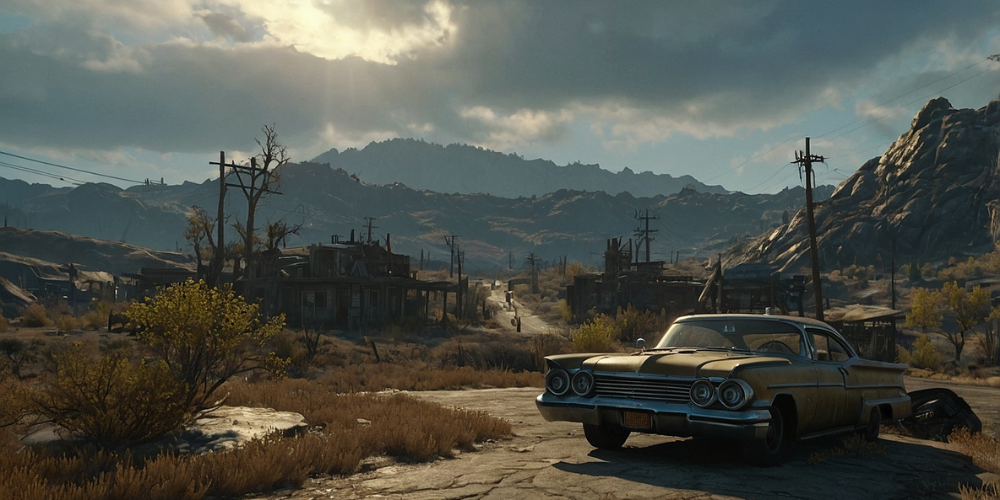
Factional Politics: The Struggle for Power
The presence of various factions within Fallout is fundamental to understanding its political landscape. Each faction has its own ideologies and goals, often clashing violently in their pursuit of dominance. Engaging with factions like the Brotherhood of Steel, the Institute, and the Railroad opened my eyes to the complexities of moral choices and alliances. It became clear that what I sought could change depending on which side I chose to ally with, often forcing me to weigh the larger consequences of my decisions on the world itself.
Moral Ambiguity: The Gray of Good and Evil
In a post-apocalyptic world, traditional notions of good and evil start to blur. Fallout invites me to confront moral ambiguity in ways I hadn’t experienced before. Every choice carries heavy implications, leading me to reflect on what it means to be ‘good.’ As I helped settlers fend off raiders or chose to exploit resources for my benefit, I grappled with the philosophical questions surrounding my decisions. Was I truly a hero, or merely a player in this grand game of survival?
Human Connection: The Fragility of Relationships
Amidst the chaos, the importance of human connection remains a central theme. As I forged relationships with various characters in the game, whether through friendship, betrayal, or even potential romance, I felt the weight of these connections. It often struck me that in a world stripped of modern comforts, these bonds became even more precious, accentuating both their beauty and vulnerability.
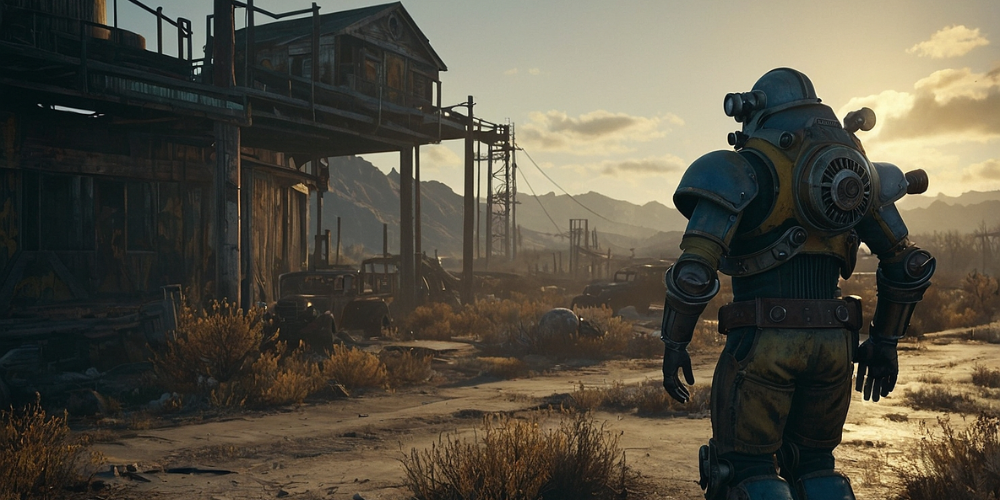
Technological Paradox: Progress and Regression
One of the most fascinating aspects of Fallout is its profound commentary on technology. The juxtaposition of advanced technologies within a society that has collapsed under its own weight left me pondering the ramifications of human innovation. How could a civilization so technologically advanced fall into ruin? This paradox became a recurring theme as I navigated through high-tech vaults and encountered pre-war remnants, all while witnessing the primitive lifestyles of the wasteland's inhabitants.
Illusions of Control: The Ill-fated Quest for Utopia
Exploring the remnants of utopian visions implanted in the pre-war era, I sensed the irony deeply embedded within Fallout’s narrative. The attempts to create perfect societies, often through methods of oppression or isolation, spiraled into nightmarish outcomes. The Vault-Tec experimentations were reminiscent of philosophical inquiries into human nature and governance, compelling me to think critically about the quest for control in an uncontrollable world.
Environment’s Toll: Consequences of Humanity
Fallout serves as a haunting reminder of humanity’s impact on the environment. The nuclear fallout that transformed cities into barren wastelands held a mirror to contemporary issues of pollution and climate change that we face today. As I journeyed through the irradiated landscapes, it was impossible to ignore the looming consequences of neglecting our planetary stewardship, reinforcing the game's relevance to real-world environmental concerns.
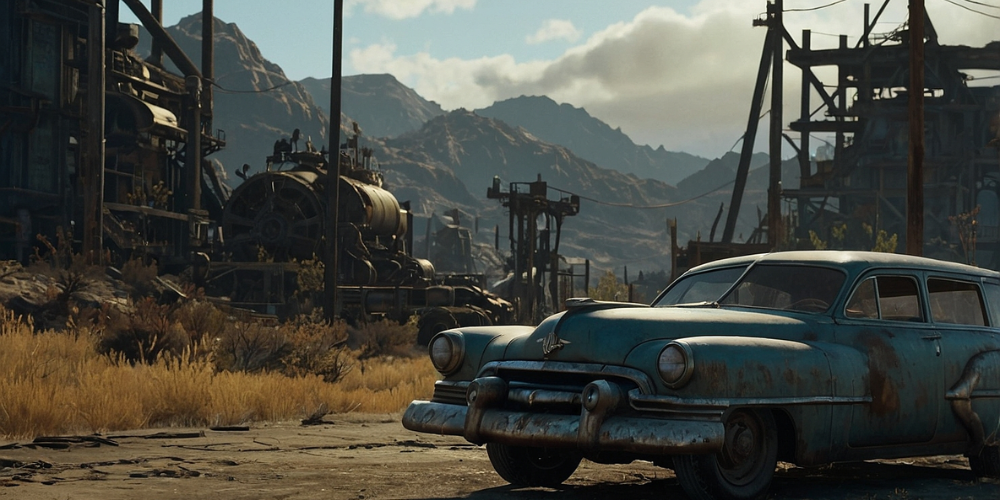
The Price of Hope: Resurrection Amid Ruins
Despite the pervasive despair, the notion of hope persists. Many characters embody this resilient spirit, fighting against all odds to rebuild their lives and communities. I found myself uplifted by the stories of ordinary people striving to forge a new existence amid the remnants of the old world. It was this resilience that fueled my own optimism, reminding me that even in the darkest times, a flicker of hope can illuminate the path forward.
Isolation vs. Community: The Duality of Existence
As I traversed the vast wasteland, I constantly noticed the dichotomy between isolation and community. Characters in the game often exhibited the dual struggle of longing for companionship while also grappling with the instinct to fend for themselves. This interplay of personal desires reflected broader societal themes and provoked deep introspection on my part: what role do I believe community plays in survival, and at what point does it become a liability?
Identity in Disarray: Finding Oneself
The idea of identity is another thread woven tightly throughout the Fallout series. In a world so impacted by chaos, questions of self-discovery frequently arose. The customizable nature of my character, coupled with the choices I made along the way, allowed me to explore different facets of identity. Whether I embodied a ruthless mercenary or a compassionate savior, every experience influenced my understanding of who I was becoming in this shattered world.
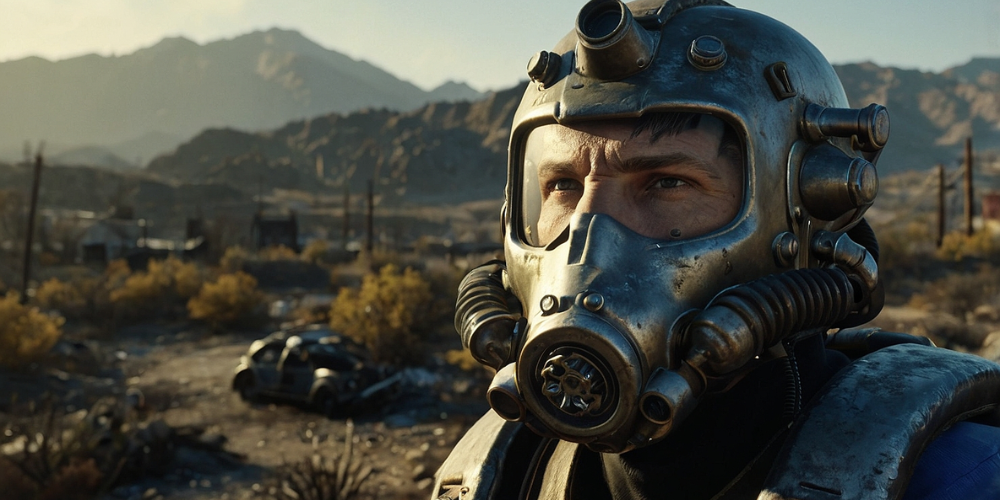
The Role of Memory: Echoes of a Lost World
As I wandered through the desolated towns and explored forgotten vaults, memories of the world before the collapse echoed in the remnants scattered about. The presence of holotapes, journal entries, and graffiti painted a poignant picture of human experiences and emotions that prevailed even in darkness. These echoes acted as reminders of what was lost, compelling me to consider how memory shapes our existence. What stories filled the void left by society’s disintegration?
Existentialism: Life, Death, and Everything In-Between
Diving deep into the existential themes prevalent in Fallout, I often found myself contemplating the nature of existence. The constant struggle for survival, coupled with the omnipresent threat of death, created an unsettling sense of urgency. Relatively trivial matters took on monumental importance, pushing me to reflect on what I valued most in life. In a world so volatile, what does it really mean to live?
Legacy: The Footprints We Leave Behind
Finally, the theme of legacy permeates throughout the Fallout series, compelling me to think about what I stand to leave behind. As factions fought for dominance and individuals sought survival, the question loomed: what type of legacy would I create in this world? The weight of history was palpable as I crafted my path. Would I be remembered as a conqueror, a liberator, or a force for chaos?